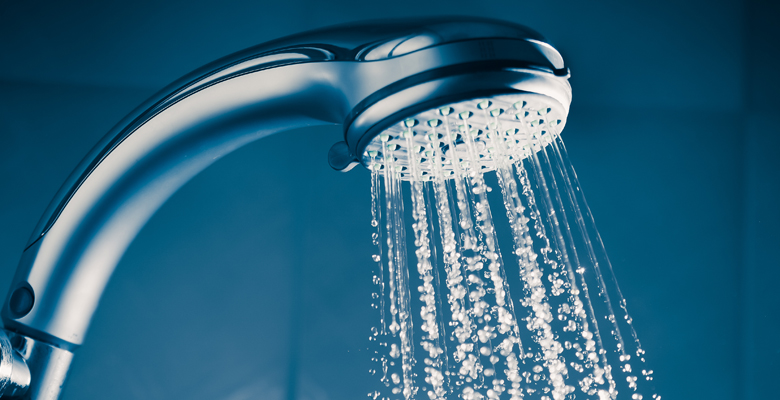
Is it time to replace your hot water tank? When selecting a new hot water system for your home, there are several items to consider. Your new unit should be properly sized to supply sufficient amounts of hot water based on your lifestyle, keep your water hot efficiently to give you the best energy cost and fit within your home's specs and budget.
There are various types of hot water systems on the market. Before you purchase your next unit, learn more about each one to see which is the best fit or you.
Conventional Storage Tanks
Most commonly used, hot water storage tanks typically use a natural gas or electric heat source to warm a reservoir of hot water. When hot water is used, the tank will refill as needed.
Water Pump Heaters
Unlike the conventional system, water pump heaters use the natural air of its environment instead of using a secondary gas or electric hookup to heat coils. A fan draws air into the system's evaporator which is then compressed, heated, and turned into hot vapour. Those hot vapours are then sent into the storage tank through copper coils which heats the reservoir.
Tankless Water Heaters
Tankless units are compact and efficient, and only work when needed. When a hot water faucet is opened, cold water enters the unit and is heated on demand via the heat exchanger. Hot water then flows instantly to the appropriate fixture. When the faucet is shut off, the heat exchanger goes back into standby mode.
Solar Water Heaters
Solar panels are used to capture natural sunlight - heating up a transfer liquid enclosed in copper tubing located under the solar panel's glass surface. The heat transfer liquid gets directed into the hot water tank's heat exchanger and heats the reservoir. Like a conventional unit, it is used and refilled as needed.
Indirect Water Heaters
These units work together with your home's heating system. A heating coil is connected from the home's heating system which keeps the water in the reservoir hot - then operating like a conventional tank. The benefits of this system is that Indirect Water Heating units don’t need a secondary gas or electric heating component - it is pulling the energy from your furnace.
When selecting a system to heat your home's water, you must consider the fuel type your home is equipped with (natural gas, electricity, solar, geothermal, oil, propane), size (to provide your home with a proper amount of water based on your lifestyle), energy efficiency (the cost required to heat your home's water supply), and cost of the heating unit itself.
Before you select any of the units listed above, it is ideal to talk to a professional and estimate each one's annual energy costs. Take into consideration the fuel type your home is equipped with and the cost of a switchover if needed.
At 4 Seasons Heating, Cooling & Electrical, we provide various hot water solutions. Because our technicians also work with heating and conditioning units, we have the capabilities to provide you a total home heating solution. We have qualified electrical technicians who can take care of upgrading or switching over units without having to line up more than 1 contractor - we can manage the entire job. For a free, in-home, no obligation quote, call us at (204) 953-5700.